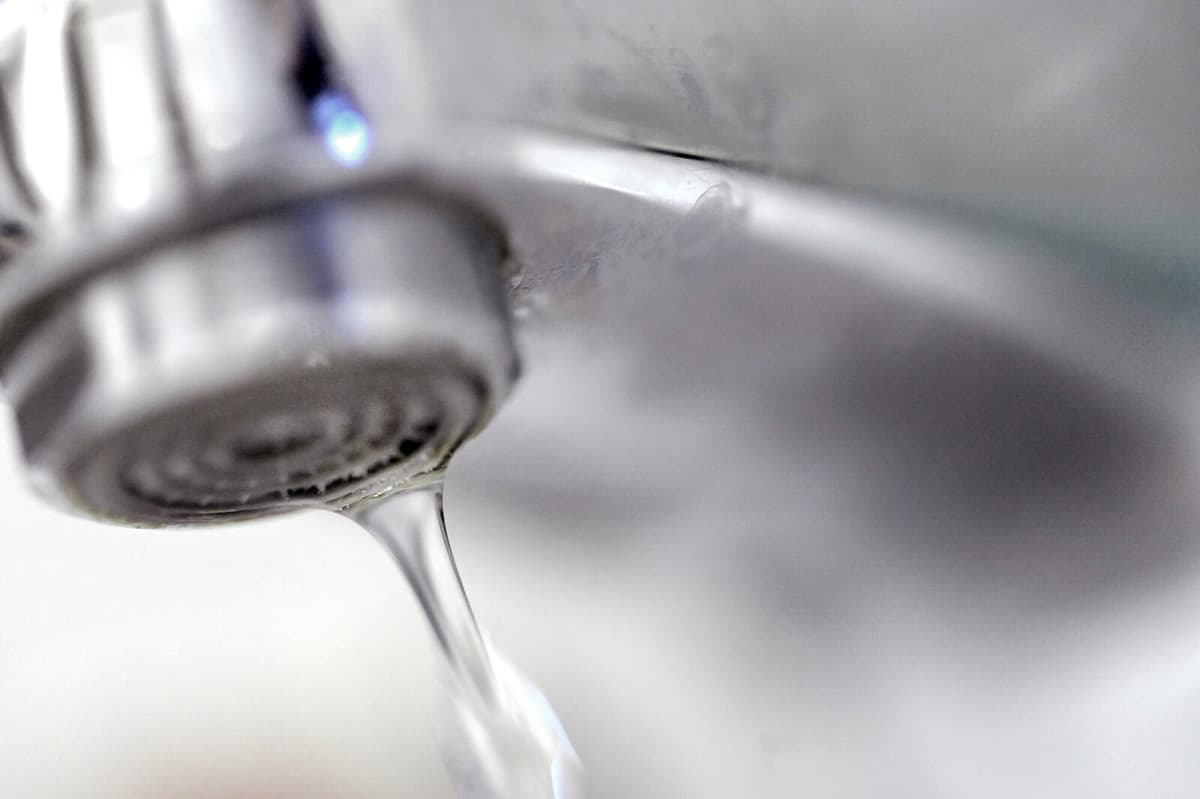A Stockholmer uses on average 140 liters of water every day. Now the inhabitants are urged to reduce the tap water – so that the water is enough.
This applies to the entire Stockholm, Huddinge and neighboring municipalities that get their water from Stockholm: Strängnäs, Nynäshamn, Lidingö, Nacka, Tyresö, Haninge, Botkyrka, Värmdö, Ekerö and Salem.
The situation is serious in the sense that we do not want this to worsen. That's why we're going out and asking Stockholmers to really think about their water usage, says Johanna Ansker, area manager for VA production at Stockholm Water and Waste.
The reason is the unusually warm temperature in Mälaren. It affects the waterworks negatively and means that they now have limited capacity to produce tap water.
When the water gets warm, the purification filters are disturbed, which reduces the capacity, says Ansker.
Wash and do dishes sparingly
Stockholm City urges residents to, among other things, avoid watering, not fill the pool, wash and do dishes sparingly and take short showers. A ban on watering has not been introduced, but may become relevant if Stockholmers do not heed the call.
Before the upcoming school start, many are also expected to come home from vacation. Then it usually takes extra tap water.
Maybe you wash away all the summer's laundry and the last bit of fuss before you go back to work and school again, says Ansker.
Low pressure
When water consumption is greater than what is produced, it leads to areas getting lower pressure in the tap, especially if they are located high up.
Some properties may experience that they do not have water in the tap even if a neighbor below has it. The pressure simply is not enough, because there is too little water.
For TT, the sports administration states that they will have a review on Monday on how they are affected and the park administration will immediately review water consumption in the parks.
Earlier in the summer, the Swedish Geological Survey (SGU) warned of a risk of water shortage in eleven of the country's counties, including Skåne, Blekinge, Kalmar and Gotland counties.






